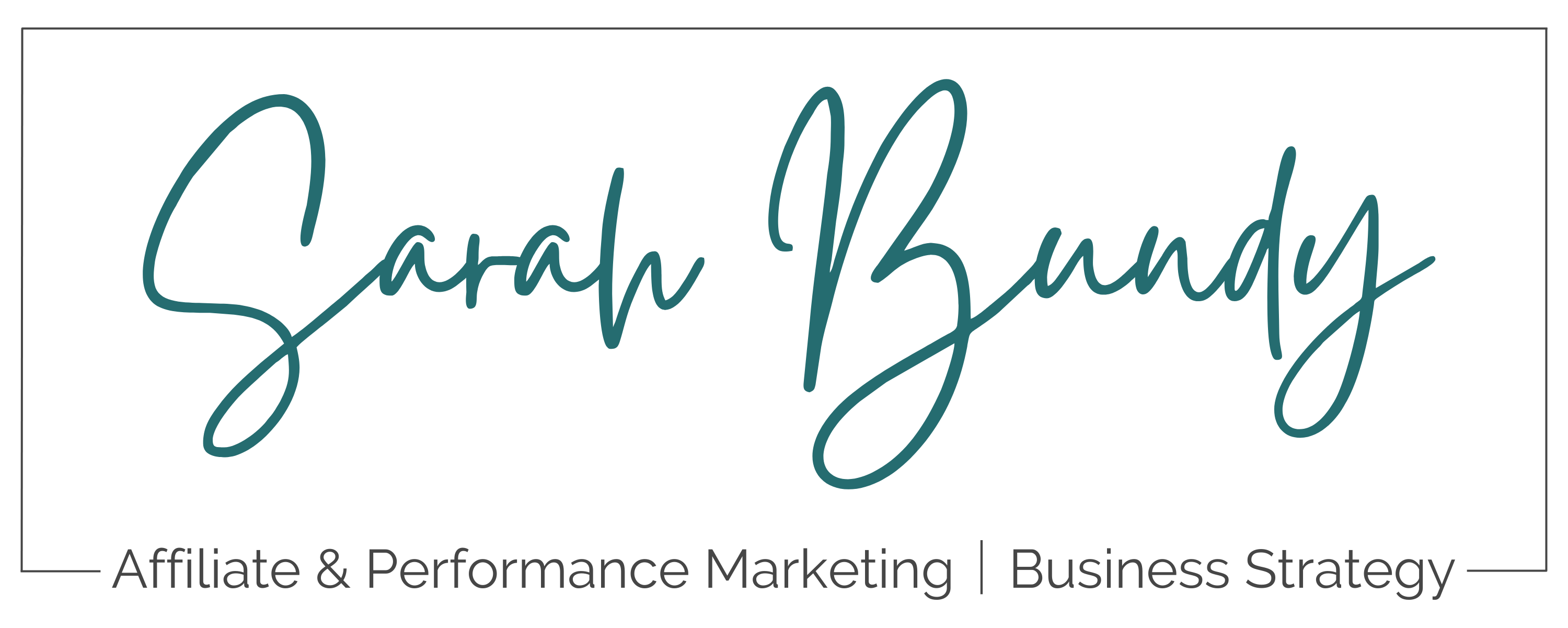Affiliate Marketing Terms, Definitions and Abbreviations – Part 1: Key Players

Affiliate marketing can be incredibly complicated, especially when throwing around various industry terms, slang and abbreviations. Here are a few of the most commonly used / seen terms and expressions used in the affiliate marketing space.
Key Players
Before we get into defining commonly used terms, it’s important to point out who the key players are in the affiliate marketing / performance marketing space.
Merchant / Advertiser
This is the company or person selling and distributing the good or service to the end user. They are also known as internet retailers, e-commerce stores, service providers and a few other terms. However the two most commonly used are “merchant” or “advertiser”. It’s the affiliate’s job to promote the merchant in order to drive traffic that will ultimately generate a sale (or other desired action).
Affiliate / Publisher / Associate
These are the guys who promote the merchant in the hopes of earning a commission or “payout” on the sale. There are many terms for affiliates, such as “internet marketer”, “publisher”, “advertising partner”, “performance marketer” or “associate”. The two most commonly used terms to describe the person who works on a performance based model to drive traffic to the advertiser’s site are “affiliate” and “publisher”.
Super Affiliate
This is a term that’s very subjective and there are different definitions of what a “super affiliate” is depending on who you ask. Some people will define a super affiliate as the top performing affiliate in one specific program. Others will define super affiliates as those who earn more than $100,000 per year. Others, those who generate over $1,000,000 per year in affiliate commissions. I’m not sure there is a solid answer to this question other than, a super affiliate is always one who has potential to drive a significant amount of traffic and sales for your particular program.
Affiliate Network
An affiliate network is just a fancy term for “affiliate tracking platform”. The job of the affiliate network is to help track affiliate sales and performance, assist with technical issues as needed, connect affiliates to merchants through exposure and support, help with payouts and at times compliance. There are options to get your own internal tracking so you don’t have to work with a network, however if you’re serious about making your affiliate program work, you will need to decide on a network at some point. The four biggest affiliate networks in the retail space are Commission Junction, Linkshare, Google Affiliate Network and ShareASale.
OPM / AM – Outsourced Program Manager / Affiliate Manager
In order for your affiliate program to be successful it needs a proper affiliate manager. You can either hire an affiliate manager in house (I strongly recommend this person is experienced and knows what they are doing) or you can outsource your affiliate program management to what we call an “OPM”or outsourced program management company, such as All Inclusive Marketing.
Affiliate Managers and OPMs are responsible for the day to day operations, planning and execution of your affiliate marketing efforts such as recruitment, activation, training, optimization, reporting and compliance.
Buyer / Customer / Consumer
Probably THE key player in the affiliate marketing game is the end user, also known as the buyer, the consumer or your customer. Without the buyer, the merchants would have no need to work with affiliates, and affiliates would have no one to drive traffic to their merchant partner’s sites.
Stay tuned for part 2 when we talk about common affiliate program models.
